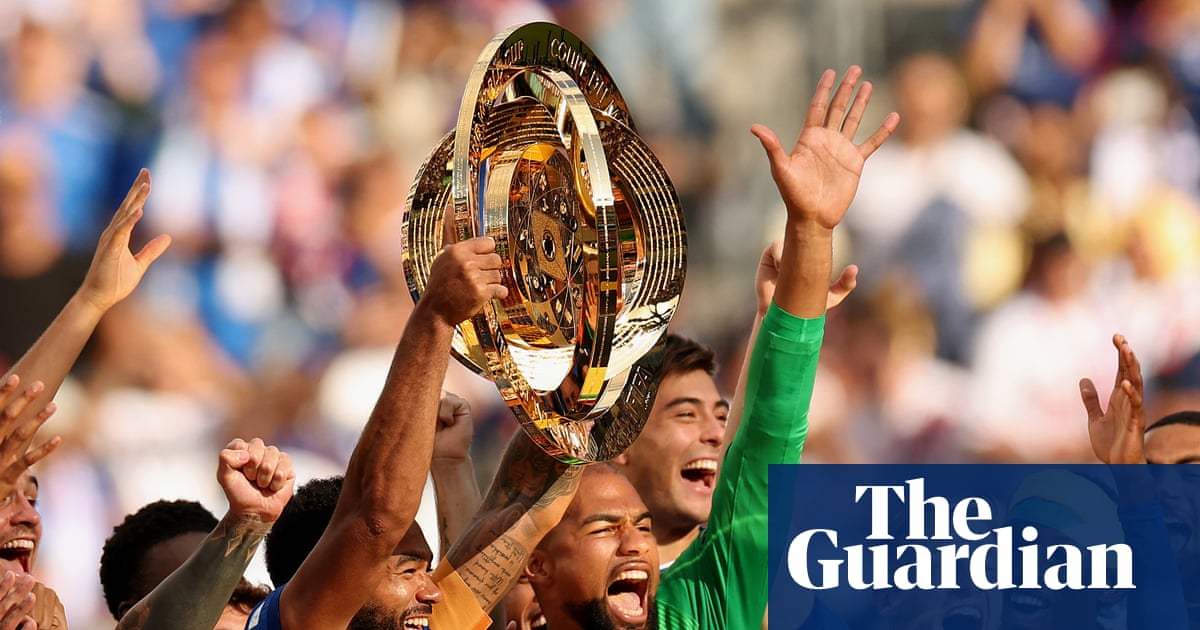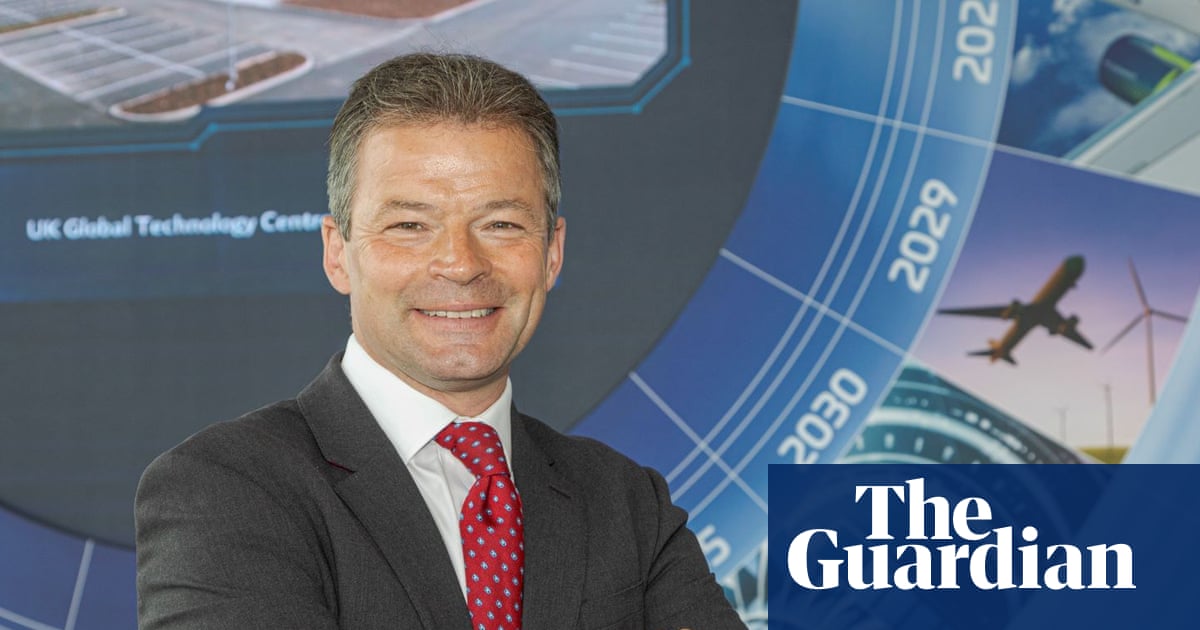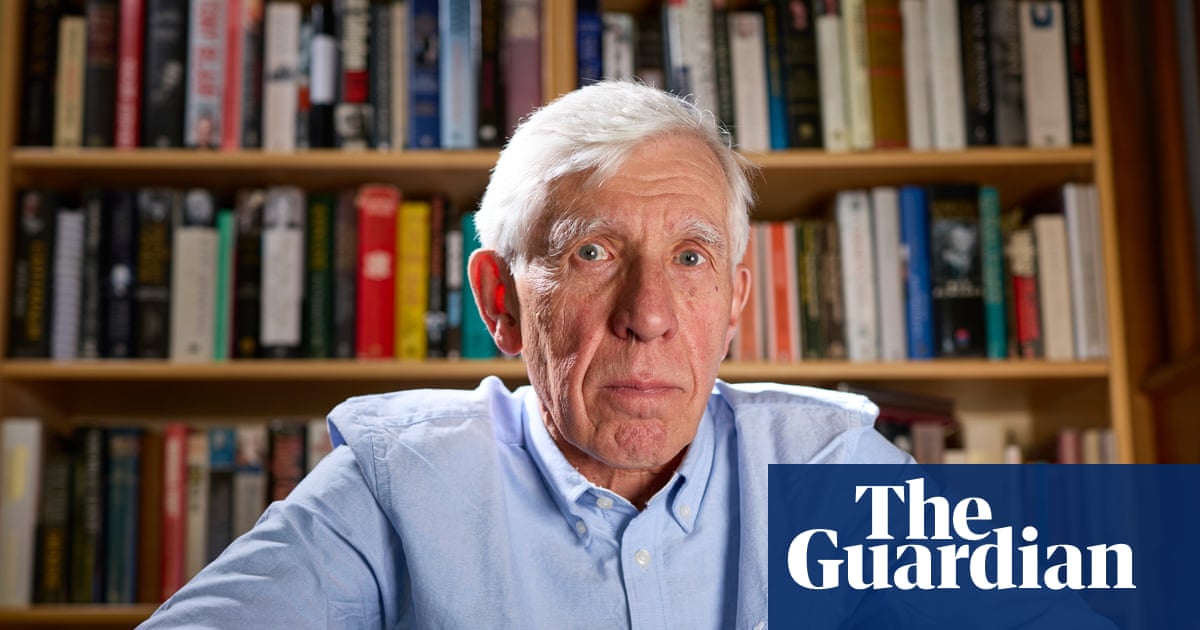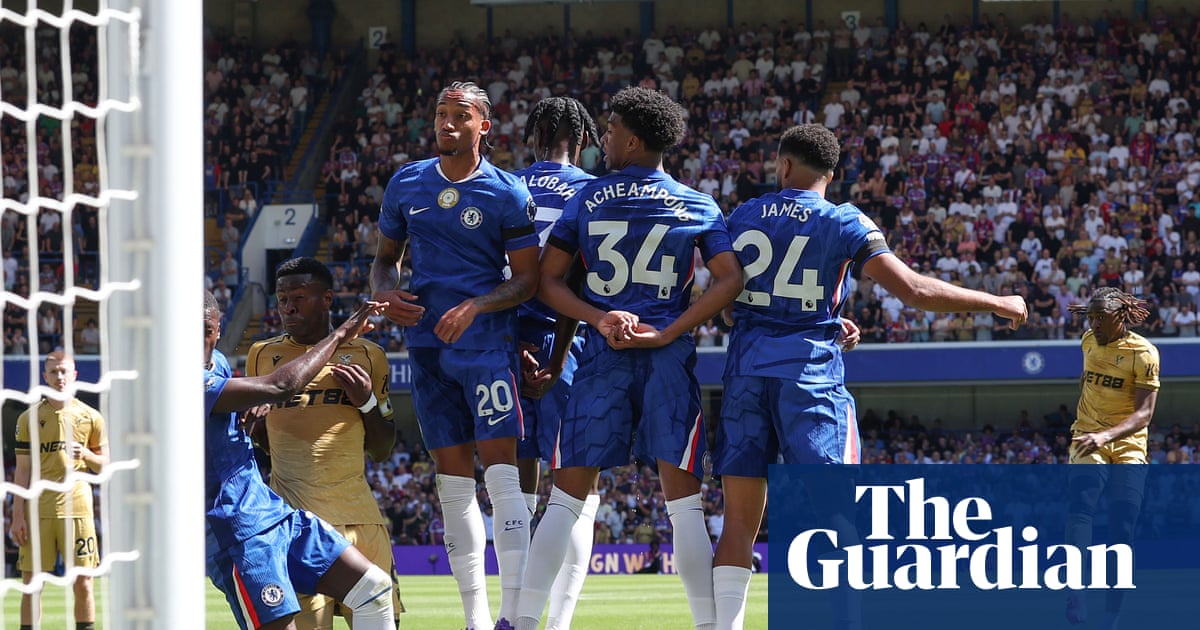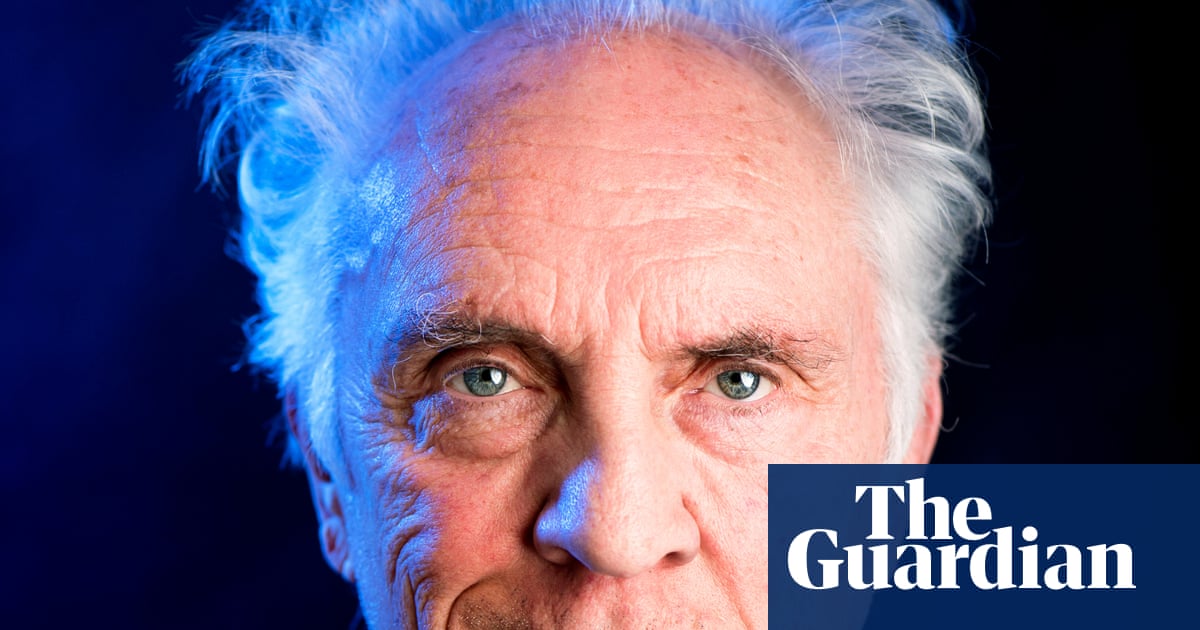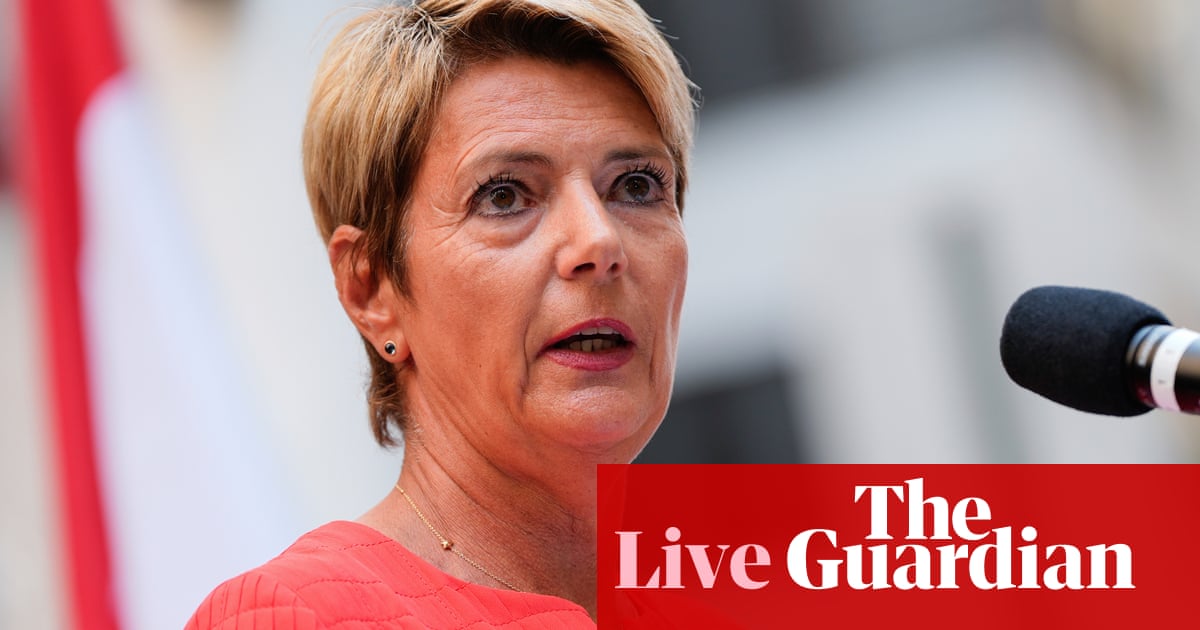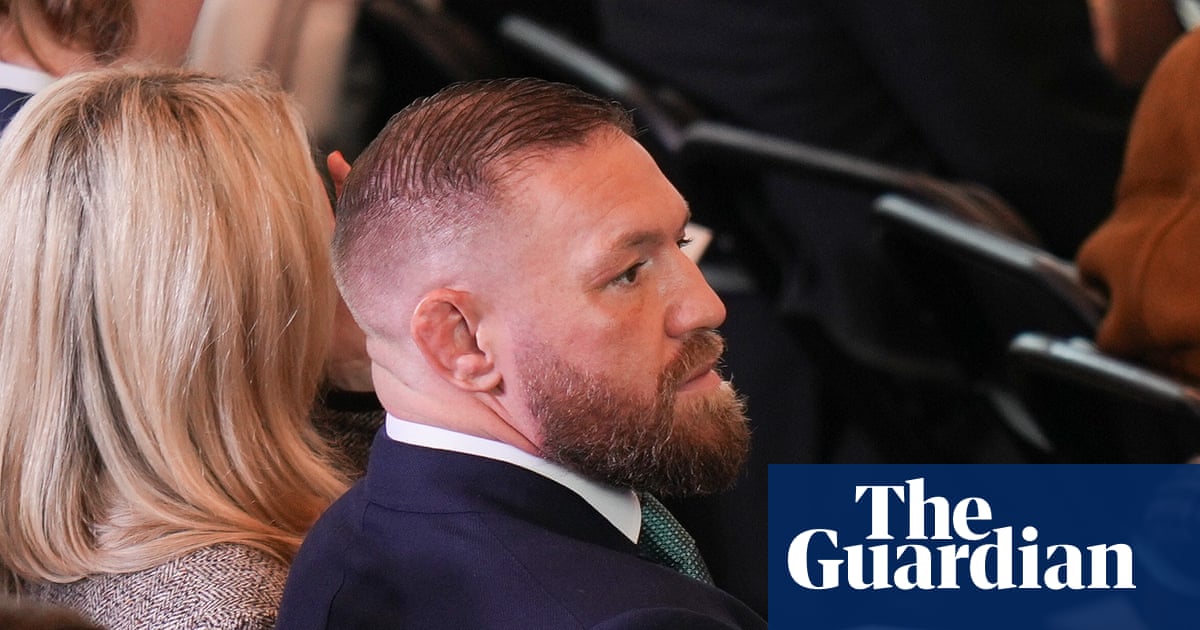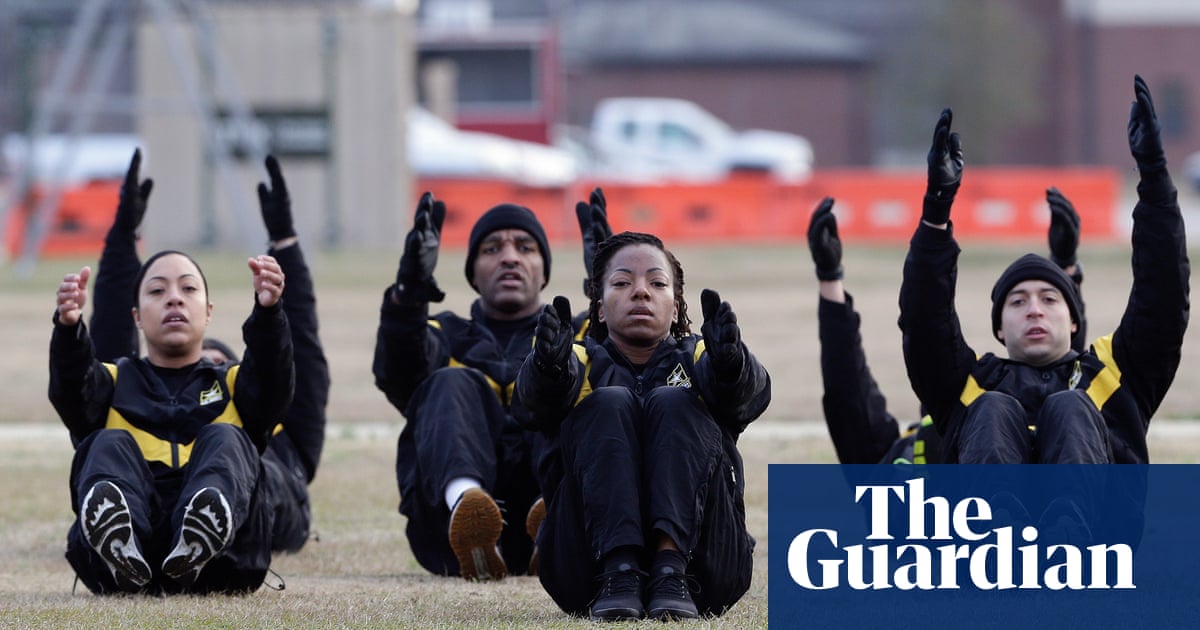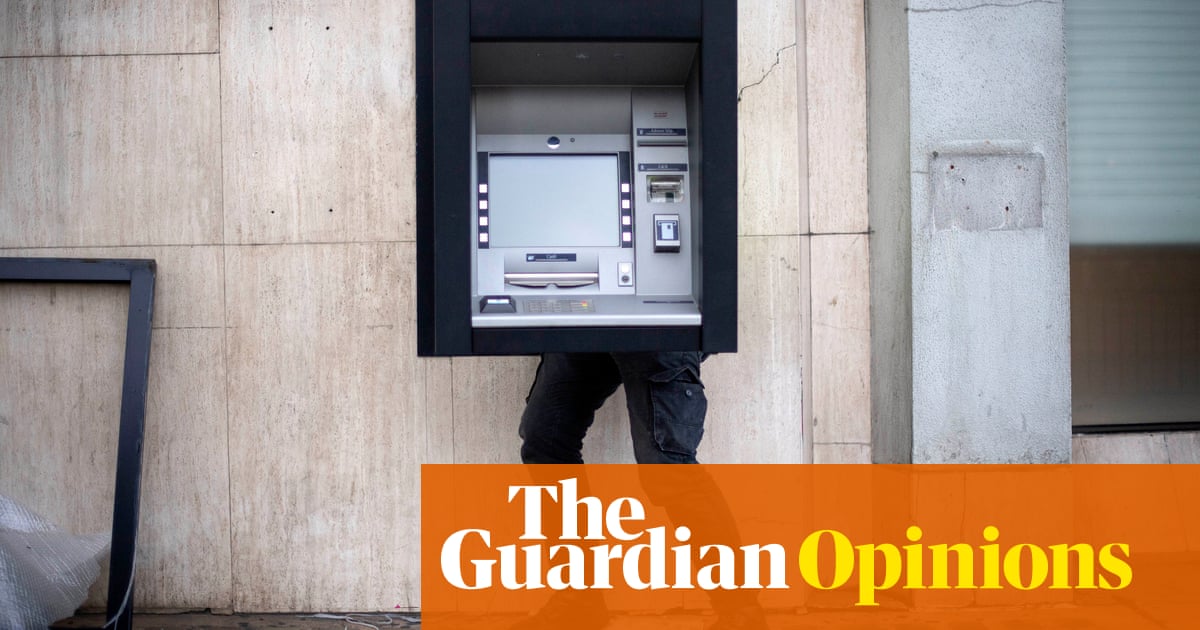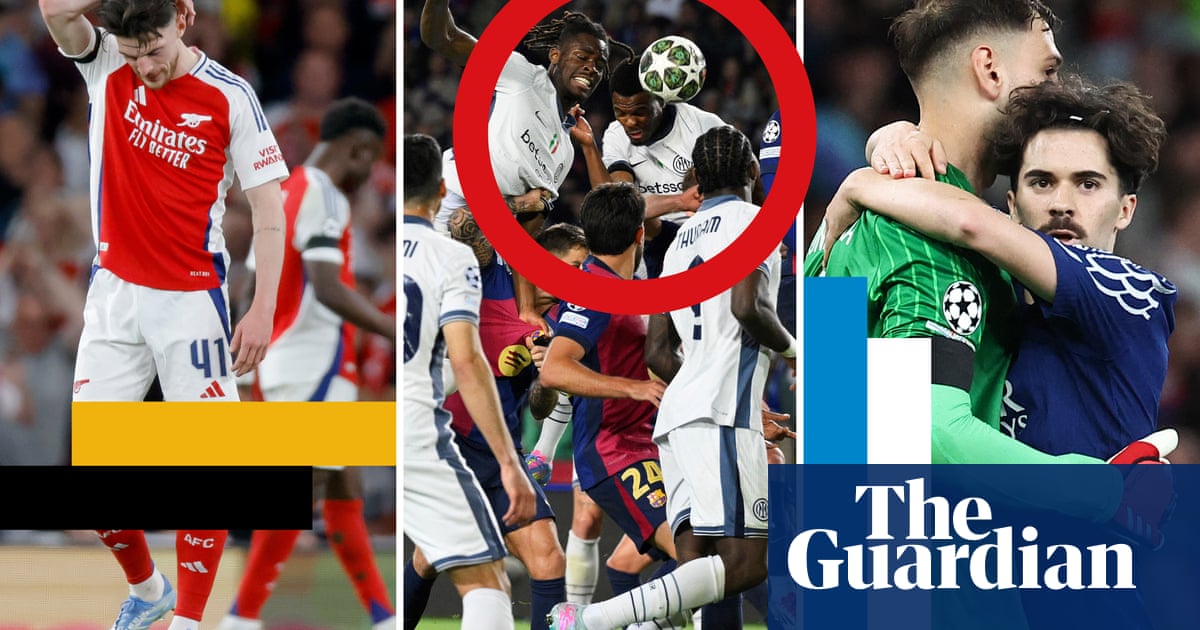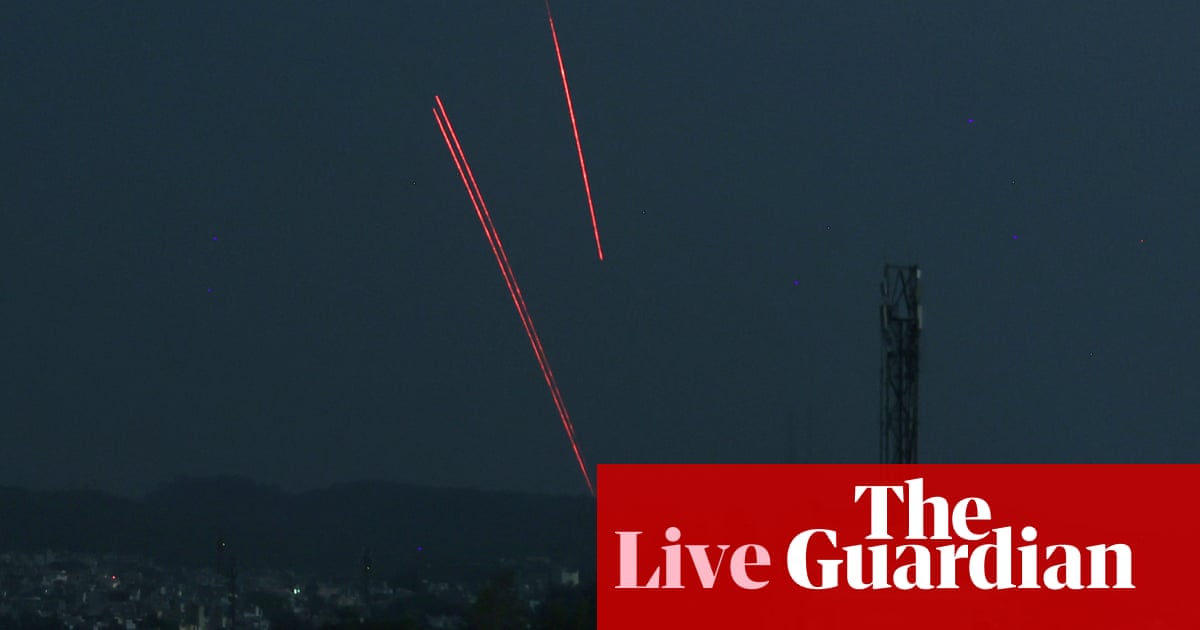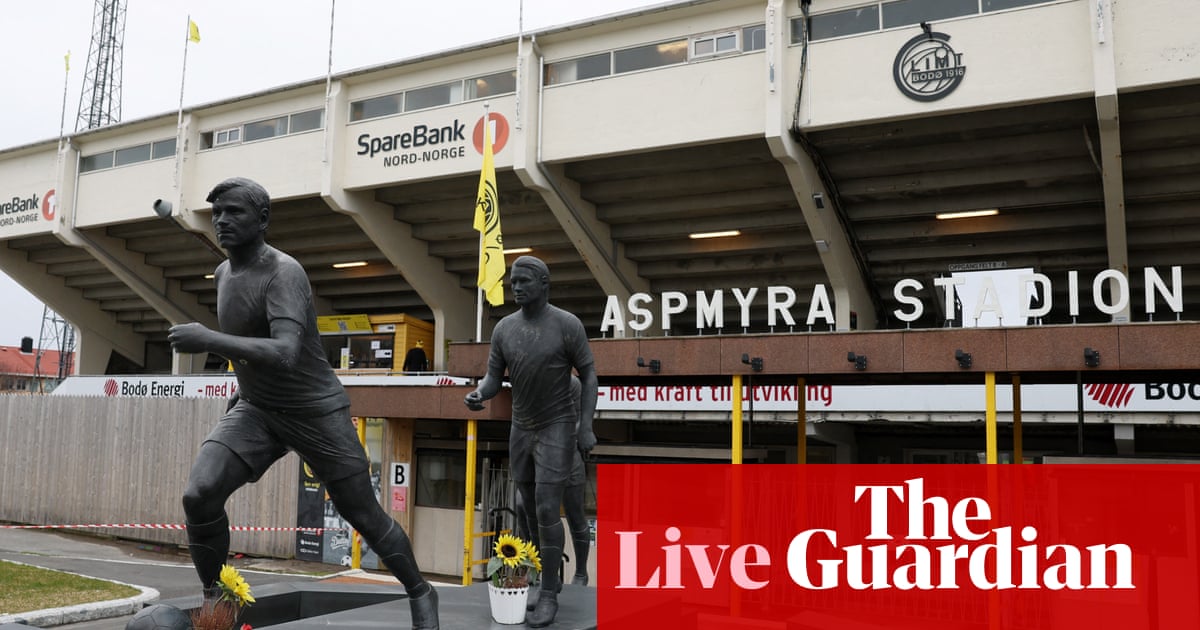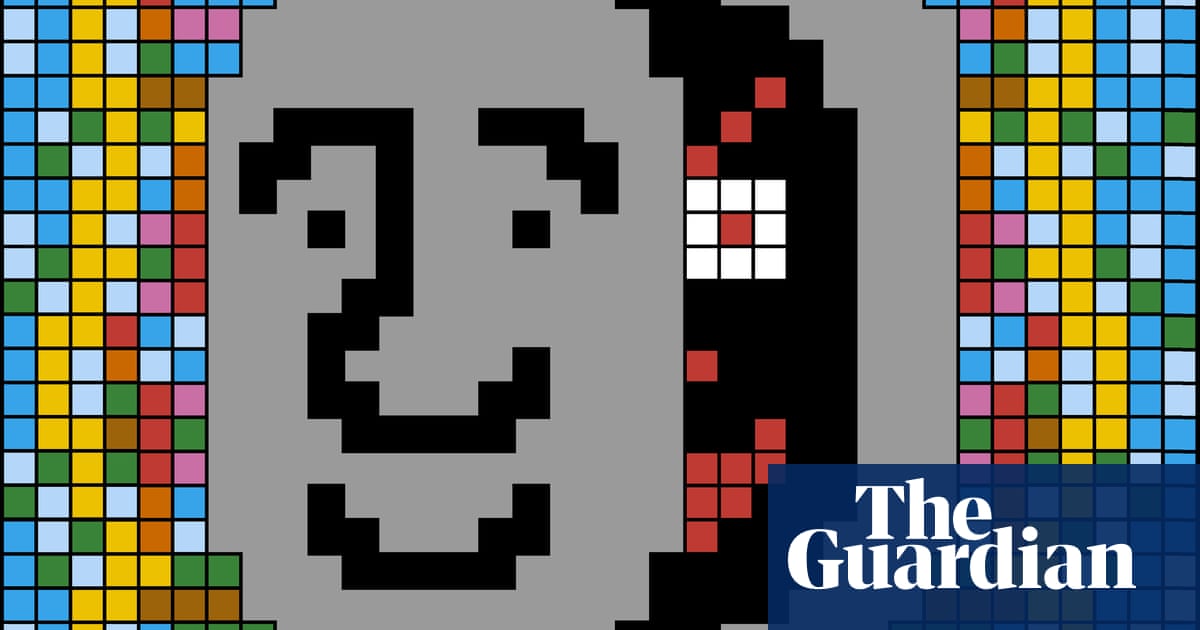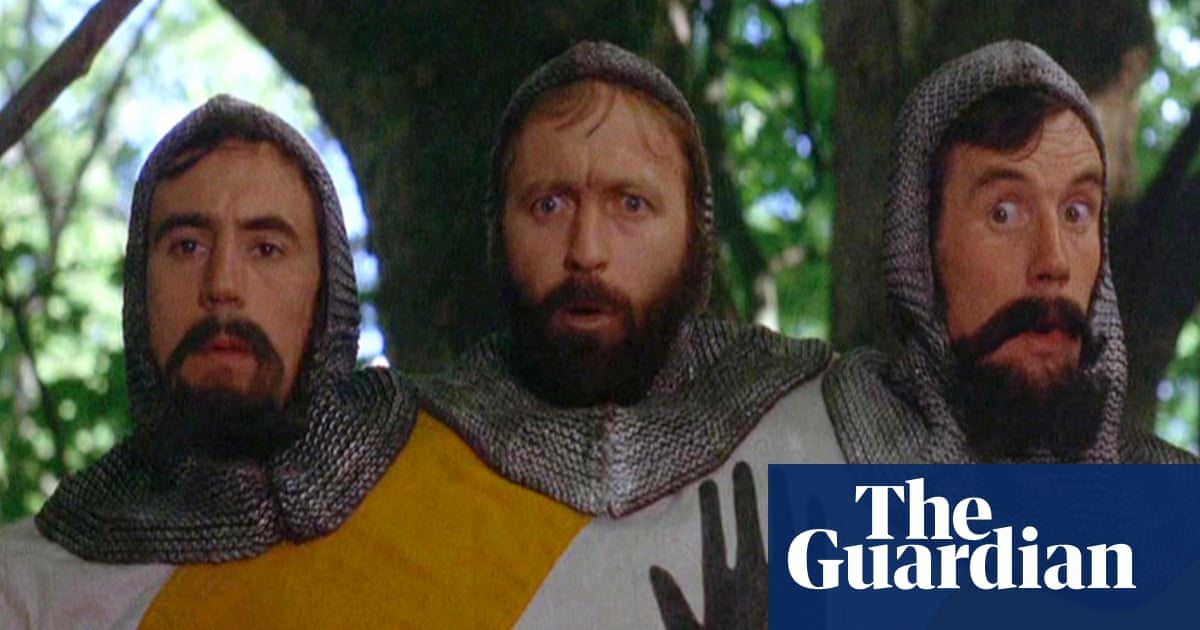Greg Larsen is broke. Having his card declined at a McDonald’s drive thru just weeks before this year’s Melbourne international comedy festival was a watershed moment for him. He is 41. He’s been performing comedy for more than a decade. This, he says, is his last festival show. He’s done.
Geggy is his swan song, a chaotic journey through his career’s highs and lows and the decisions that led him to that drive thru. For those who have followed Larsen’s career, this show is a treat, offering a hilarious insight into the chaos behind the scenes of the various projects he’s been involved in. It includes a cast of others who rose through the circuit with him, many of whom are doing pretty well for themselves, including Larsen’s early collaborator Sam Campbell.
The show is a window into the reality of working as a comedian, from open mic gigs in pokie-filled pubs to glitzy award nights and the various day jobs that happen in between. It isn’t a glamorous story – Centrelink payments are a recurring thread as Larsen struggles to make ends meet. The theme of the show, if there is one, is money. And the question of why Larsen doesn’t have any.
Larsen has been nominated for and won multiple awards in his career, including multiple prizes at the MICF. In fact, Geggy has been nominated for the festival’s coveted honour for best show. And, while he is clearly pleased to be nominated, there is little sense that it will change anything. Larsen has had various successes – prestigious awards, a starring role in an international TV show, high-paying corporate gigs – but after every high comes the fall, and Larsen ends up broke again.
Geggy is an insight into how critically underfunded the arts industry is in Australia. Larsen talks about his various TV gigs with bitterness – not because they weren’t rewarding but because of how infrequently the pay cheques matched the hours worked. It’s something anyone who’s worked in the arts or entertainment industries in Australia will be familiar with, cobbling together jobs to try to equal one rent payment.
While he takes aim at landlords and corporate executives for their role in this cycle of hardship, he does not let himself off scot free. He admits his brain is “full of piss” and attributes a portion of his financial situation to his own poor decision-making.
It’s an important reminder that, for the majority of comics, staging a festival show is a loss-making venture. Larsen is not the first to paint MICF as a slightly masochistic pursuit. But underneath this is a passion for making people laugh and glimpses into the chaotic, joyful moments that come from doing that with a community of others.
Despite beginning the show saying he doesn’t have time to build a rapport, there’s something about Larsen’s sweary, staggering demeanour that quickly gets the audience on side. The show is an almost relentless barrage of jokes, with little pause for breath. This pace doesn’t even slow for the darker portions of the story, including multiple periods of suicidal thoughts, but Larsen narrates his life with a baffled derision that is both self-deprecating and nostalgic.
after newsletter promotion
Larsen is an assured performer. This is not the show he intended to stage at the festival; after the episode at McDonald’s he rewrote his entire show. This could easily have resulted in something messy and self-indulgent but instead it feels honest.
And even though he insists Geggy is his last show, it feels as though Larsen still has things to say. From biting thoughts on socialism to ruthless take-downs of his early work, he is at his best when he allows the cracks to show and embraces the rough edges. If this is his final show, he’s going out with a bang. And if it isn’t, let’s hope he at least makes some money off the next one.
-
Greg Larsen is performing Geggy at Sydney comedy festival on 25 April

 3 months ago
60
3 months ago
60

